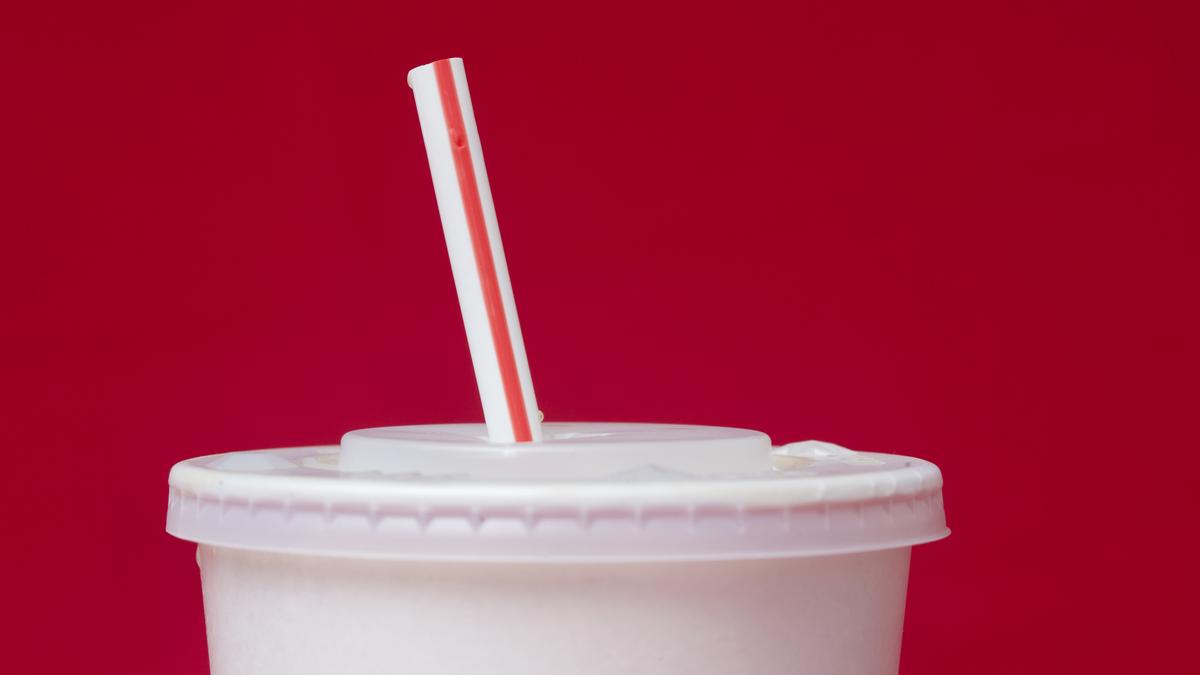
’Back to plastic’: Trump pushes for plastic straws as he declares paper ones ’don’t work’
The Hindu
President Trump reverses federal push away from plastic straws, citing ineffectiveness of paper straws and consumer dissatisfaction.
President Donald Trump is moving to reverse a federal push away from plastic straws, declaring that paper straws “don’t work” and don't last very long.
“It’s a ridiculous situation. We’re going back to plastic straws,” Mr. Trump said Monday (February 10, 2025) as he signed an executive order to review federal purchasing policies that restrict plastic straws.
The move by Mr. Trump — who has long railed against paper straws, and whose 2019 reelection campaign sold Trump-branded reusable plastic straws for $15 per pack of 10 — targets a Biden administration policy to phase out federal purchases of single-use plastics, including straws, from food service operations, events and packaging by 2027, and from all federal operations by 2035.
Mr. Trump declared former President Joe Biden’s policy “DEAD!” in a social media post over the weekend.
While plastic straws have been blamed for polluting oceans and harming marine life, Mr. Trump said Monday that he thinks "it's okay” to continue using them. “I don’t think that plastic is going to affect the shark very much as they’re ... munching their way through the ocean,'' he said at a White House announcement.
Several U.S. States and cities have banned plastic straws, and some restaurants no longer automatically give them to customers. But plastic straws are only a small part of the problem. The environment is littered with single-use plastic food and beverage containers — water bottles, takeout containers, coffee lids, shopping bags and more.
Around the world, the equivalent of one garbage truck of plastic enters the ocean every minute from a range of sources, including plastic bags, toothbrushes, bottles, food packaging and more, experts say. As those materials break down in the environment, microplastics are turning up in the stomachs of fish, birds and other animals, as well as in human blood and tissue.













